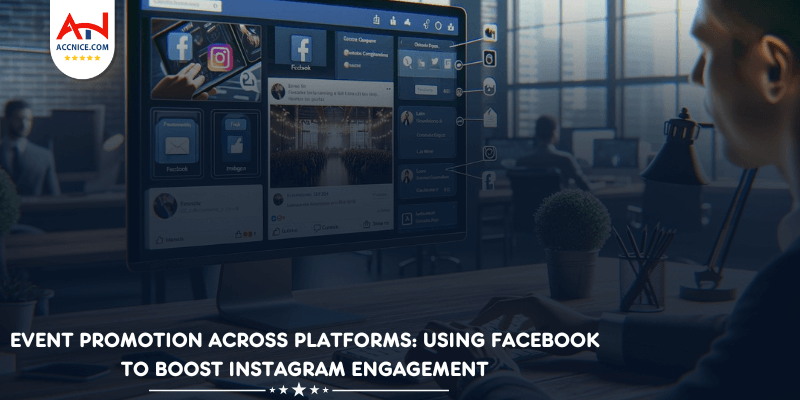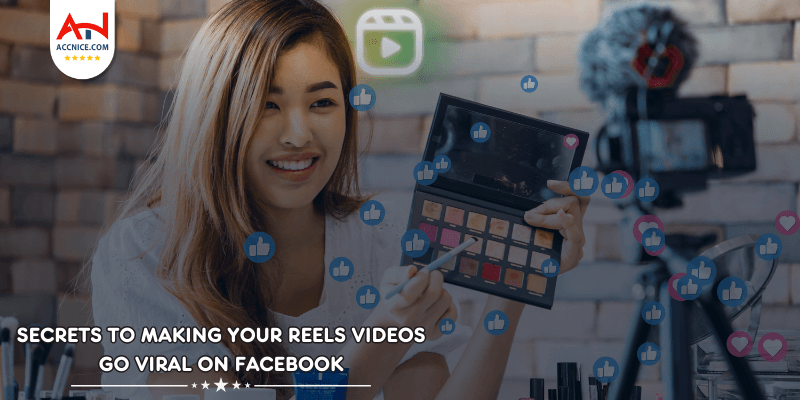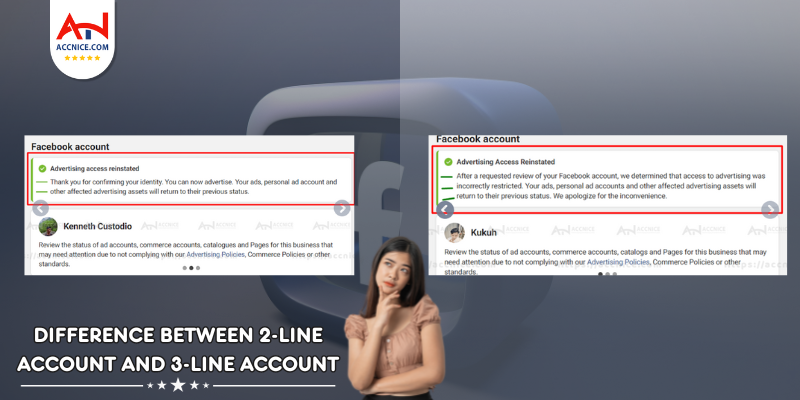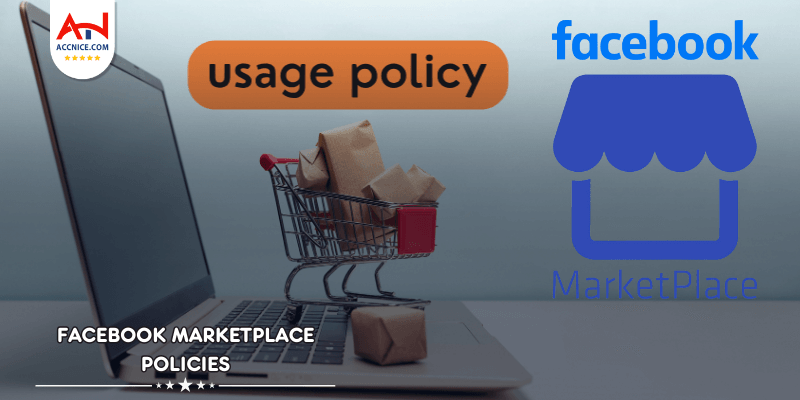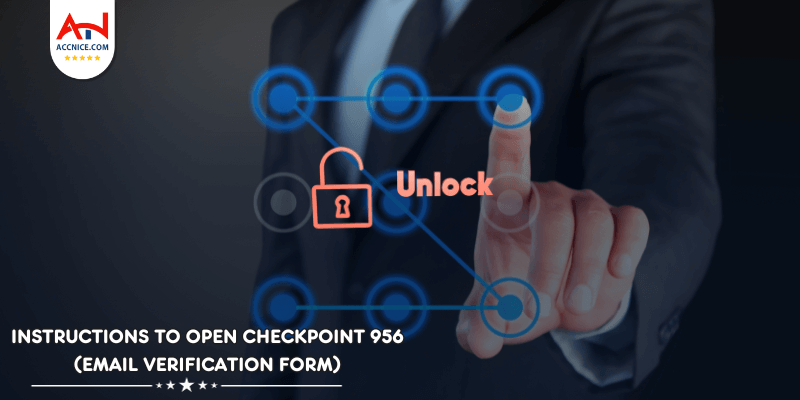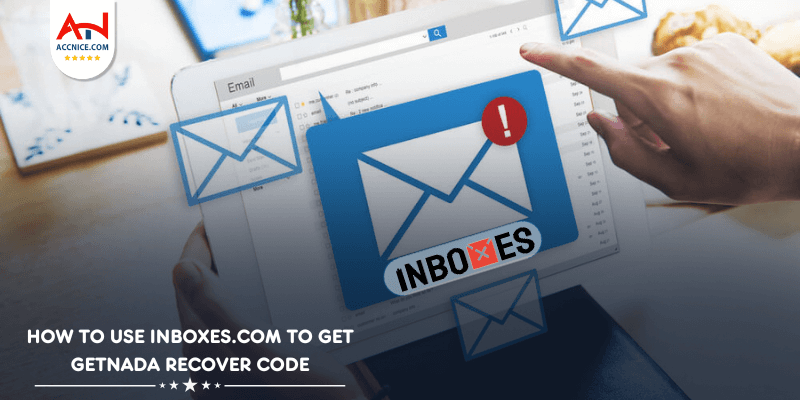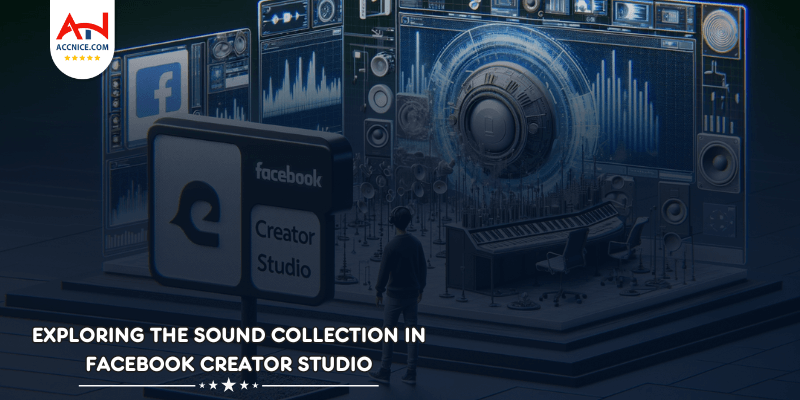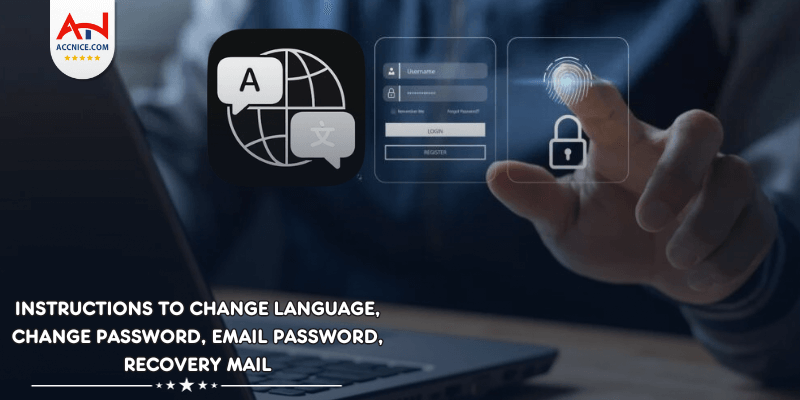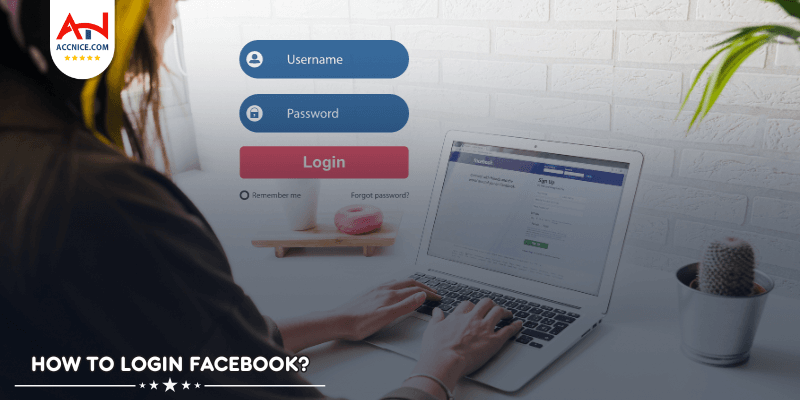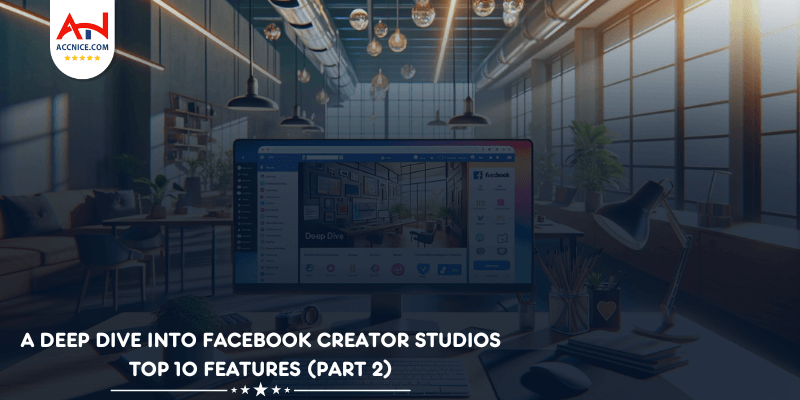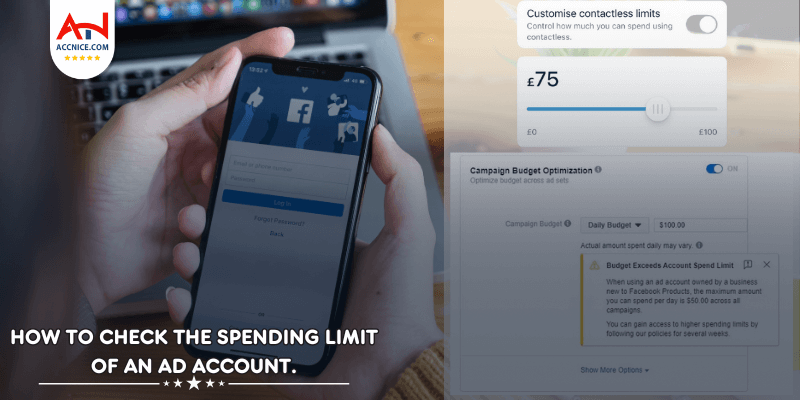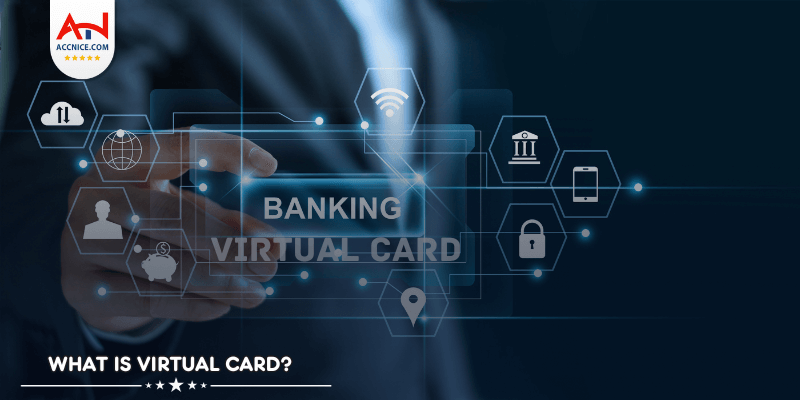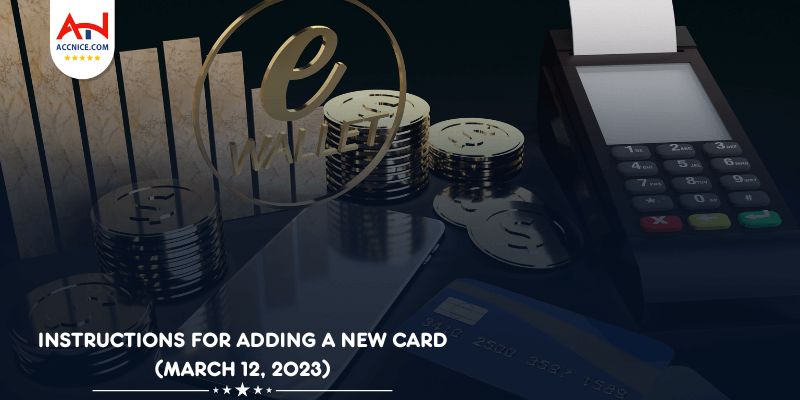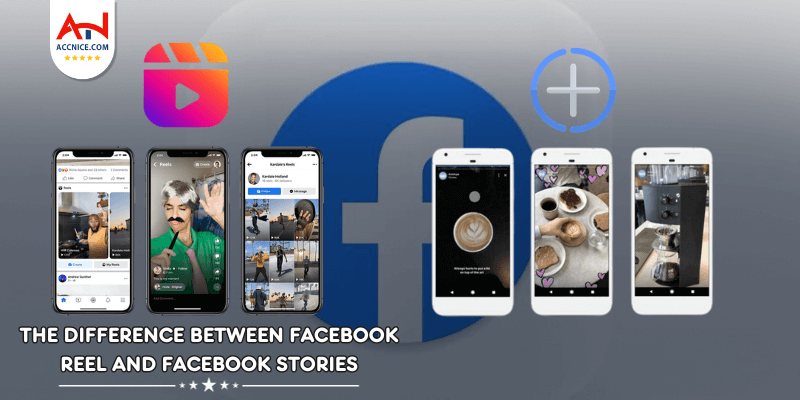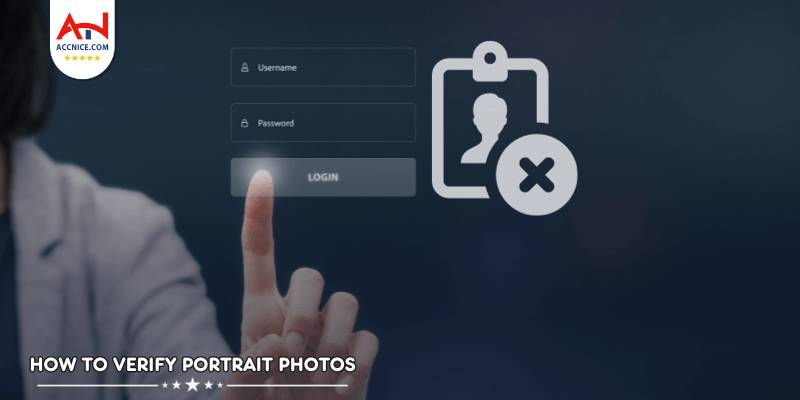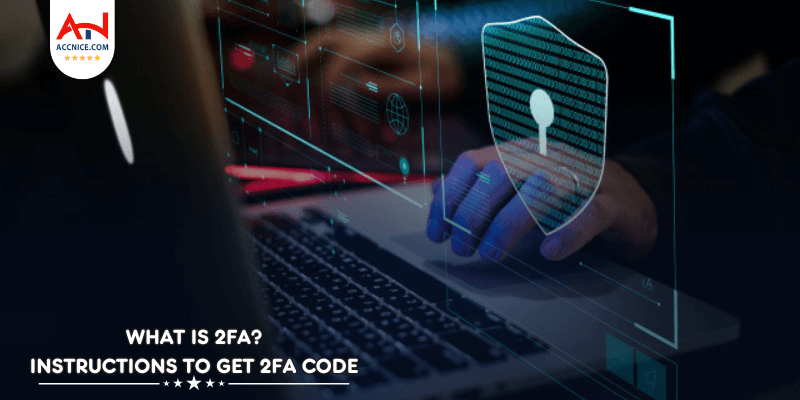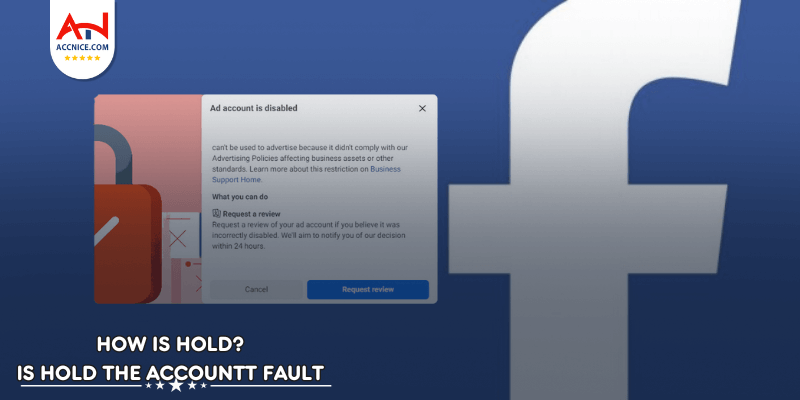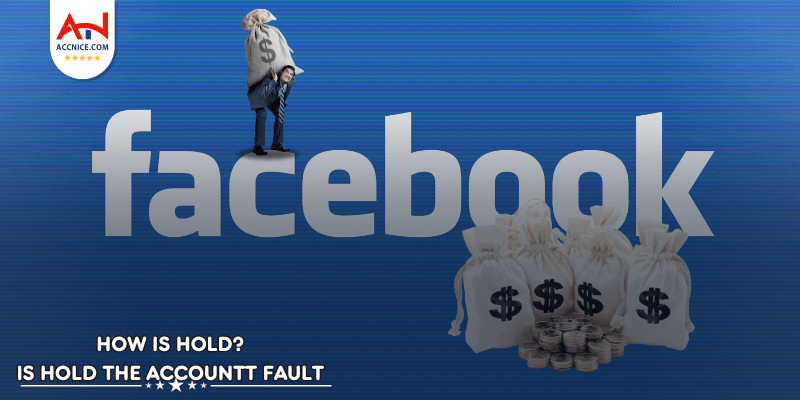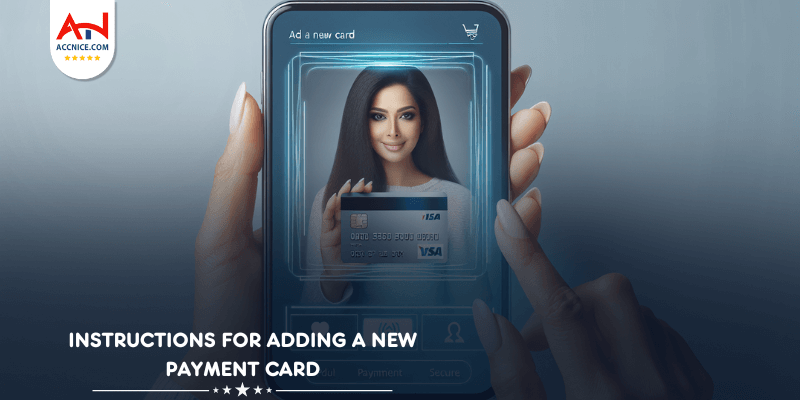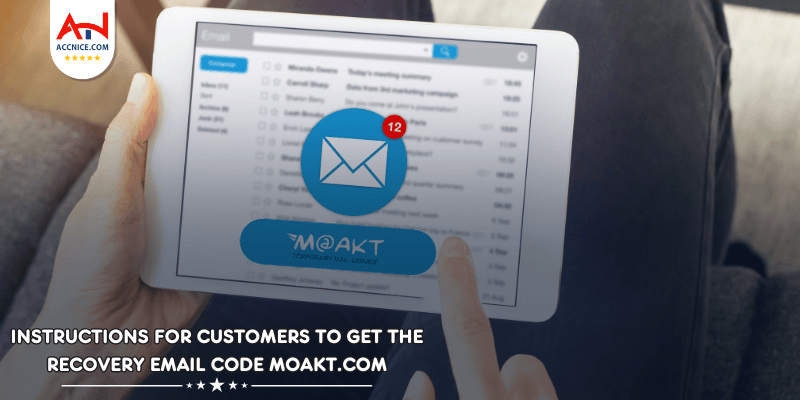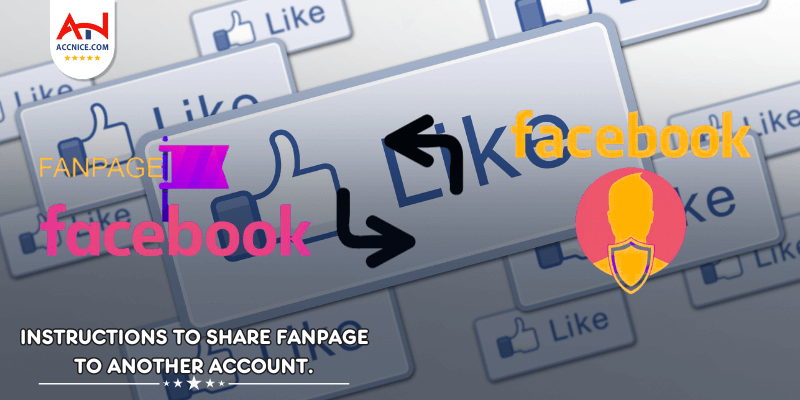Event Promotion Across Platforms: Using Facebook to Boost Instagram Engagement
In today's interconnected digital landscape, leveraging multiple social media platforms to promote an event can significantly increase visibility and engagement. Accnice guides explore effective strategies for using Facebook to grow your event's presence on Instagram, creating engaging and engaging campaigns that drive engagement and stimulate conversation.
Integrating Facebook and Instagram for Event Promotion
Integrating Facebook and Instagram effectively can supercharge your event promotion efforts. Each platform has unique strengths—Facebook's broad reach and detailed event tools, alongside Instagram's high engagement and visual storytelling capabilities. Here’s how to harness the synergy of these platforms to boost your event's visibility and attendance:

1, Understanding the Synergy
Leverage Each Platform’s Strengths
- Facebook's Reach and Tools: Facebook allows for detailed event creation, including time, location, description, and the ability to invite guests and promote via paid advertising. It also facilitates RSVPs and reminders.
- Instagram's Visual Appeal: Instagram is ideal for building excitement through visually appealing content. It’s perfect for sharing eye-catching graphics, countdowns, behind-the-scenes sneak peeks, and live updates.
2, Strategies for Integrating Facebook and Instagram
a, Link Your Accounts
- Ensure that your Facebook and Instagram accounts are linked, allowing you to easily cross-post and share content between both platforms. This integration simplifies managing your promotion efforts.
b, Cross-Promote Content
- Share updates across both platforms to maximize reach. Use Instagram Stories to drive followers to your Facebook event page by using features like swipe-up links (if available) or directing users to the link in your bio.
- Utilize Instagram’s visual tools to create engaging content that can direct users to your Facebook event. For example, post attractive graphics or videos that highlight event details or special guests.
c, Use Hashtags and Location Tags
- Develop a unique hashtag for your event and encourage its use on both platforms. Hashtags can increase discoverability and build a community around your event.
- Utilize location tags on Instagram to attract local audiences and those interested in specific venues or cities.
d, Engage with Followers
- Actively engage with users who comment on your event posts or use your event’s hashtag. Prompt engagement can boost your content's visibility due to platform algorithms favoring active interactions.
- Host Q&A sessions on Instagram Live to answer potential attendees’ questions and direct them to your Facebook event page for more details.
e, Leverage Ads and Influencers
- Consider using Facebook and Instagram ads to promote your event. Targeted ads can help you reach specific demographics, increase event awareness, and drive ticket sales.
- Collaborate with influencers or community leaders who can promote your event to their followers. Choose influencers whose audiences align with your target demographic.
3, Monitoring and Adjusting
a, Track Engagement and Performance
- Use both Facebook and Instagram Insights to monitor how your promotional content is performing. Look at engagement rates, click-through rates to your event page, and the effectiveness of different content types.
- Adjust your strategy based on performance metrics. For example, if Instagram Stories are driving more engagement, consider increasing your frequency of stories or using more interactive elements like polls or questions.
b, Post-Event Engagement
- After the event, share highlights and user-generated content to both Facebook and Instagram. This not only provides content with high engagement potential but also helps in building a narrative for future events.
- Solicit feedback through stories or posts to learn from attendees’ experiences. This information can be invaluable for improving future events.
Integrating Facebook and Instagram for event promotion not only extends your reach but also engages potential attendees in a dynamic and interactive way. By leveraging each platform’s strengths, maintaining active engagement, and continuously monitoring performance, you can maximize the impact of your event promotion and foster an enthusiastic online community ready to participate in your event.
Creating a Unified Campaign Strategy
Creating a unified campaign strategy for promoting events across Facebook and Instagram requires thoughtful planning and strategic execution. Ensuring your campaign is cohesive, well-targeted, and effectively utilizes the unique features of each platform can greatly enhance your event's visibility and engagement. Here’s how you can build a comprehensive campaign strategy:

1, Designing Your Campaign
a, Consistent Branding
- Visual Consistency: Use the same color schemes, logo placements, and visual styles across both platforms to strengthen brand recognition. This helps create a seamless experience for your audience.
- Unified Messaging: Align your messaging across Facebook and Instagram to ensure the campaign feels consistent. This includes using similar tones, styles, and key messages in all communications.
b, Content Strategy
- Diverse Content Formats: Utilize the strengths of each platform by adapting your content. For example, use more detailed posts and event pages on Facebook, and leverage visually appealing stories and posts on Instagram.
- Interactive Elements: Incorporate interactive elements such as polls on Instagram and Q&A sessions on Facebook to engage your audience and gather feedback.
2, Leveraging Facebook’s Event Features
a, Event Creation
- Detailed Event Page: Create a detailed event page on Facebook with all the necessary information. This page serves as the central hub for all event-related information and updates.
- Compelling Description: Craft a compelling description that captures the essence of the event and entices your target audience. Highlight key attractions, guest appearances, and any unique selling points.
b, Targeted Invitations
- Utilize Targeting Tools: Facebook’s advanced targeting tools allow you to reach specific demographics, interests, and geographical areas. Use these tools to send invitations to those most likely to be interested in your event.
- Promote RSVPs: Encourage invited guests to RSVP on the event page. This not only helps in planning but also increases the visibility of your event as RSVPs typically show up in others’ newsfeeds.
3, Integrating Instagram
a, Visual Promotion
- High-Quality Imagery: Use high-quality images and videos to promote the event on Instagram. This platform is highly visual, so captivating content can significantly increase engagement.
- Stories and Highlights: Make extensive use of Instagram Stories to offer real-time updates and sneak peeks. Save these stories to your Highlights for continued visibility.
b, Cross-Promotion
- Link Back to Facebook: Use your Instagram posts and stories to direct followers to your Facebook event page for more details and to RSVP.
- Influencer Partnerships: Partner with influencers who can help promote the event on Instagram. Choose influencers whose followers align with your target audience.
4, Monitoring and Optimization
a, Track Performance
- Analytics: Regularly check Facebook Insights and Instagram Analytics to track the performance of your promotional efforts. Pay attention to engagement rates, reach, and conversion metrics like RSVPs and ticket sales.
- Feedback Loops: Use audience feedback from both platforms to refine your campaign. This includes monitoring comments, direct messages, and engagement trends.
b, Adjustments and Scaling
- Iterate Based on Data: Use the data and feedback you collect to adjust your strategy. If certain types of content are performing well, consider focusing more on those.
- Scale Successful Tactics: Once you identify what’s working best, scale those tactics to maximize your reach and impact.
Creating a unified campaign strategy for promoting events on Facebook and Instagram involves careful coordination, strategic content planning, and effective utilization of each platform's unique features. By ensuring consistent branding, leveraging platform-specific tools, and continuously optimizing based on performance data, you can create a powerful and successful event promotion campaign that captivates and engages your target audience.
Strategies to Drive Instagram Engagement from Facebook
To maximize engagement and seamlessly integrate your promotional efforts across Facebook and Instagram, it’s crucial to strategically leverage both platforms' strengths. Here are effective strategies to drive Instagram engagement from your Facebook activities, especially in the context of promoting an event:

Cross-Posting Content
1. Visual Content Sharing
- Consistent Aesthetic: Ensure that the visuals shared on Facebook align with your Instagram aesthetic to provide a cohesive brand experience. This helps in building a consistent image across platforms.
- Engaging Previews: Use enticing images and videos from your Instagram feed to spark interest. For example, post vibrant photos of past events, teaser videos of what attendees can expect, or exclusive interviews with guests or speakers that can only be fully accessed on Instagram.
2. Leverage Facebook Posts
- Direct Links: Whenever possible, include direct links to your Instagram posts and profile in your Facebook posts. This can be done by mentioning that more content or detailed stories are available on Instagram, encouraging your Facebook audience to check out your Instagram for more exclusive content.
- Engagement Hooks: Use engagement hooks in your Facebook posts that encourage users to visit your Instagram page. For instance, announce a contest that is happening on Instagram or special content that is exclusive to Instagram followers.
1, Utilizing Stories and Live Features
a, Facebook Stories
- Cross-Platform Promotion: Use Facebook Stories to promote Instagram content by adding call-to-action overlays like “See more on Instagram” or using the ‘swipe up’ feature to link directly to your Instagram page or specific posts if you have access to that feature.
- Story Highlights: If you have significant content on Instagram that complements your Facebook content, create Story Highlights on Facebook that can direct users to your Instagram page for more in-depth coverage.
b, Live Sessions
- Simultaneous Streaming: Consider using tools that allow you to stream live sessions simultaneously on both Facebook and Instagram. This ensures that you capture both audiences and can direct viewers from one platform to the other.
- Interactive Q&A: During live sessions, encourage viewers to join your Instagram for exclusive Q&A segments or behind-the-scenes live streams that will only be available on Instagram after the Facebook Live session.
2, Strategic Promotions
a, Incentives
- Exclusive Offers: Provide incentives for Facebook users to follow you on Instagram, such as giveaways, exclusive discounts, or early-bird tickets that are only announced to Instagram followers.
- Feature User-Generated Content: Encourage your Facebook followers to share their own content on Instagram using a specific event hashtag. Selectively feature some of this user-generated content on your Facebook page to show the community interaction on Instagram.
b, Analytics Utilization
- Track Cross-Engagement: Use analytics to track how much of your Instagram traffic is coming from Facebook. This will help you measure the effectiveness of your cross-promotion strategies and adjust accordingly.
By integrating these strategies, you can effectively drive your Facebook audience to engage more deeply with your Instagram content, increasing overall engagement across both platforms. Cross-posting content, leveraging stories and live features strategically, and implementing incentives are powerful ways to ensure that your event gets the maximum visibility and engagement on Instagram through your Facebook efforts.
Engaging Your Audience Across Platforms
Engaging your audience effectively across both Facebook and Instagram requires strategic planning and the use of interactive content that encourages active participation. Here’s how you can create a cohesive strategy that boosts interaction and fosters a vibrant community on both platforms:

1, Interactive Content
a, Q&A Sessions
- Host Live Q&A Sessions: Use Facebook Live to host Q&A sessions, where you discuss details about your event, answer attendee questions, and build excitement. Announce these sessions in advance to gather questions and boost attendance.
- Drive Traffic to Instagram: At the end of your Facebook Live session, encourage viewers to follow up with more questions on Instagram, perhaps promising exclusive behind-the-scenes content or additional insights shared through Instagram Stories or a dedicated Q&A post.
b, Contests and Giveaways
- Launch on Facebook: Start a contest on Facebook where the initial engagement takes place. For example, announce a photo contest related to your event and ask participants to post their photos on Facebook to enter.
- Continue on Instagram: Direct participants to Instagram for additional actions, like using a specific hashtag, tagging your event’s Instagram account, or posting stories. You could require them to follow your Instagram account to be eligible for the contest, which can help increase your Instagram follower count.
- Cross-Promotion: Ensure that all promotional materials for the contest are shared on both platforms, but tailor them to meet the specific format and audience preferences of each platform.
2, Leveraging User-Generated Content
- Encourage Sharing: Motivate your audience to share their own content related to your event. For example, ask Facebook followers to share stories of past events and repost these on Instagram with their permission. This not only provides you with authentic content but also encourages cross-platform engagement.
- Feature Participants: Regularly feature user-generated content from both platforms, highlighting different participants and their contributions. This can increase their loyalty and the likelihood that they will share their featured content within their networks.
3, Synchronizing Content Across Platforms
- Coordinated Posts: Coordinate content themes across both platforms, but optimize the format for each. For example, if you post a detailed article on Facebook about a speaker at your event, you can post an eye-catching photo of the speaker on Instagram with a teaser and direct users to Facebook for the full story.
- Consistent Messaging: While the content may vary slightly between platforms, the underlying message and branding should remain consistent. This helps reinforce your event's branding and makes your promotional efforts more recognizable.
4, Monitoring and Adapting
- Feedback Loop: Use insights from both platforms to see what types of content and which strategies drive the most engagement. Adapt your approach based on this feedback to continuously improve your audience engagement.
- Analytics Tracking: Monitor how traffic flows between the platforms during your interactive sessions and contests. This data can help you understand which cross-promotional tactics are most effective and should be expanded.
By engaging your audience with interactive content that spans both Facebook and Instagram, you can maximize the reach and impact of your event promotions. Encouraging participation through Q&A sessions, contests, and user-generated content can drive engagement and foster a strong community feeling. Keeping a close eye on engagement metrics and adapting your strategy accordingly ensures that your efforts remain effective and responsive to your audience’s preferences.
Measuring Success and Refining Strategies
Effectively leveraging Facebook and Instagram for event promotion requires not only a well-executed strategy but also diligent monitoring and refinement based on analytics and feedback. Measuring success and refining your approaches are crucial steps to ensure the ongoing improvement and effectiveness of your social media campaigns. Here’s how you can systematically review your efforts and plan for future events:
1, Analytics Review
a, Track Engagement Metrics
- Engagement Rates: Monitor likes, comments, shares, and saves on both platforms. An increase in these metrics typically indicates that your content is resonating with your audience.
- Follower Growth: Pay attention to changes in follower counts during the campaign period. A significant increase can suggest effective event promotion and audience interest.
- Event-Specific Interactions: Track RSVPs, ticket sales (if applicable), and direct inquiries about the event on both platforms. These metrics directly correlate with the effectiveness of your promotional activities.
b, Analyze Reach and Impressions
- Post Reach: Assess how far your content is reaching beyond your immediate followers. This helps in understanding how effectively your content penetrates the target audience.
- Impressions: Look at the number of times your content is displayed, regardless of clicks or engagement. High impressions with low engagement might indicate a need to adjust your content strategy.
2, Feedback Collection
a, Post-Event Surveys
- Gather Direct Feedback: After the event, deploy surveys on both Facebook and Instagram. Ask attendees about their experiences, what they enjoyed, and areas for improvement.
- Interactive Polls and Questions: Utilize Instagram Stories or Facebook polls to collect informal feedback. These tools can provide quick insights into attendee perceptions and experiences.
b, Review Comments and Direct Messages
- Audience Insights: Review comments and direct messages for qualitative feedback. Audience comments can provide unfiltered insights into what aspects of the event and its promotion resonated most or least.
3, Refining Strategies
a, Adjust Based on Data
- Content and Timing: If certain types of posts or timing yielded better engagement, prioritize these in future campaigns.
- Targeting and Segmentation: Refine your audience targeting based on demographic data and engagement patterns observed from the analytics.
b, Improve Interaction Techniques
- Enhance Engagement Strategies: If interactive elements like live Q&A sessions or contests were successful, consider incorporating more of these elements in future promotions.
- Innovate Content Delivery: Experiment with new content forms based on feedback, such as VR tours, augmented reality, or behind-the-scenes content for upcoming events.
Conclusion
Using Facebook and Instagram for event promotion is a dynamic process that benefits greatly from a cycle of execution, measurement, and refinement. By closely monitoring engagement metrics and gathering extensive audience feedback, you can continually refine your strategies to enhance both the reach and effectiveness of your event marketing efforts. Remember, the key to successful cross-platform promotion lies in consistency, creativity, and responsiveness to your audience’s needs and preferences. Continuously innovate and adapt your approach to keep your promotions fresh and your audience engaged.
Don't forget to follow Accnice and tutorial blog to update more interesting content!
Thank You For Following Accnice.com
Buy Facebook, TikTok, Twitter, Instagram, Google advertising accounts and Genuine License Keys at the best prices at Accnice.com
